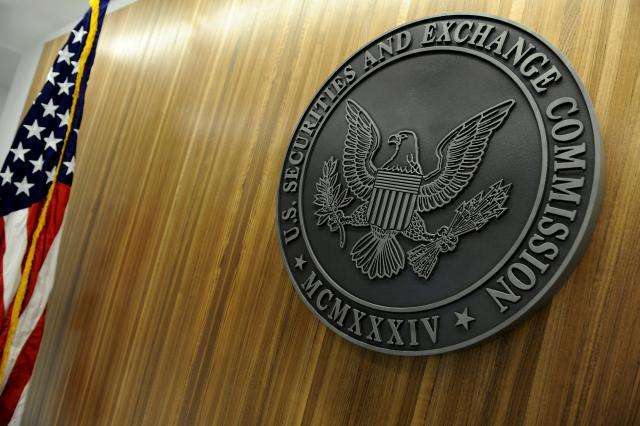Wall Street firms and industry groups have complained for more than a decade, with little effect, that market data fees charged by stock exchanges are too high and that regulators rubber stamp the exchanges’ data price increases.
But on Tuesday, the U.S. Securities and Exchange Commission for the first time repealed two data price changes by exchanges, giving hope to some in the market that increased regulatory scrutiny around data pricing will help keep those prices in check.
“When we started down this path a couple of years ago just questioning the need for market data increases, I certainly felt a little bit like Don Quixote, you know, tilting into the windmill,” said Doug Cifu, chief executive officer of Virtu Financial.
Market data contains key information on quotes and orders and is the lifeblood of the electronic marketplace.
The data fees changes the SEC repealed are for public feeds for Nasdaq- and New York Stock Exchange-listed securities. Those data feeds are essential for trading and brought in nearly $400 million in revenue last year for U.S. securities exchanges, which collectively govern them.
While the fee changes would not have raised revenues for the exchanges overall, at least one firm could have seen a steep price increase, with the monthly cap on how much any single firm must pay for the essential data rising to $1,260,000, from $686,400.
The exchanges said the change was needed because firms could merge, hit the monthly cap sooner, and pay less in fees.
For context, in September, TD Ameritrade bought Scottrade, combining two of the largest online brokerages, both of which use the data.
The SEC said the exchanges did not give enough information on why they were making the fee changes, raising “questions as to whether the changes will result in fees that are fair and reasonable, not unreasonably discriminatory,” the SEC said.
“The move is seen by many brokers and electronic market makers as an indication that the SEC is focused on reining in the data fees that exchanges collect from their customers,” said Doug Clark, a managing director at brokerage Investment Technology Group, in a note to clients.
More about:
















































